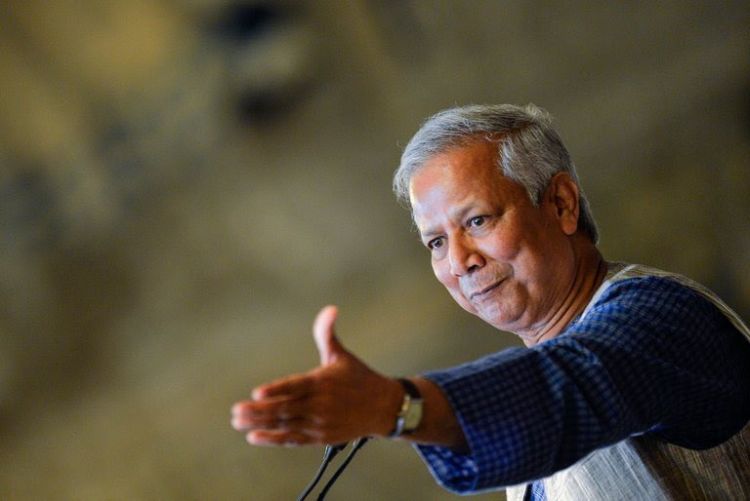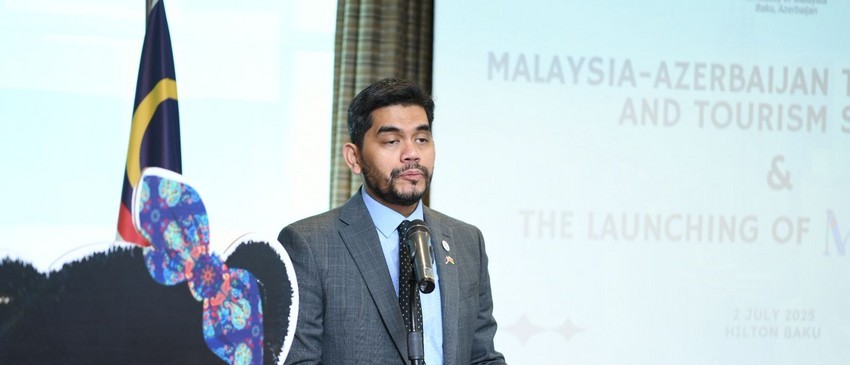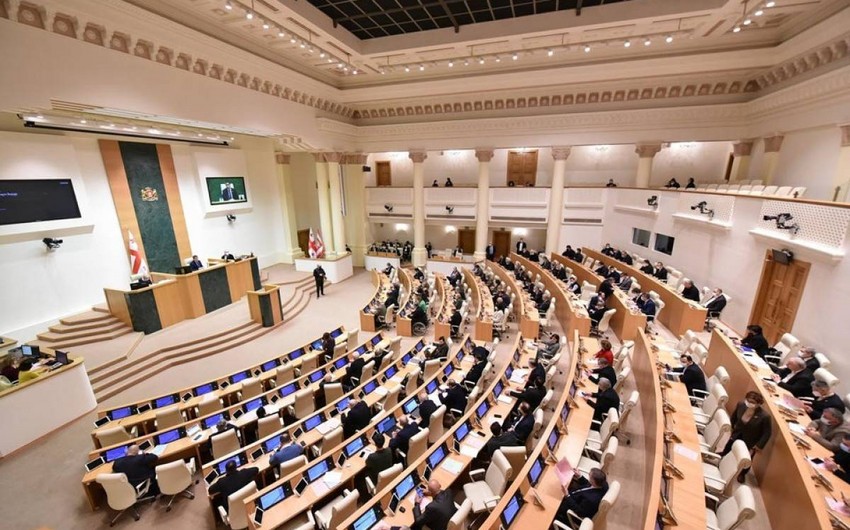For more than 40 years, Muhammad Yunus, the Bangladeshi founder of the Grameen Bank and recipient of the 2006 Nobel Peace Prize, has been asserting that the most powerful way to eradicate poverty is to unleash the untapped entrepreneurial capacity of people everywhere. “Poverty is not created by poor people,” he says. “It’s created by the system we built. Poor people are like a bonsai tree. You take the best seed from the tallest tree in the forest, but if you put it in a flower pot to grow, it grows only a meter high. There’s nothing wrong with the seed. The problem is the size of the pot. Society doesn’t give poor people the space to grow as tall as everybody else. This is the crux of the matter.”
Yunus has recently written a new book, “A World of Three Zeros: The New Economics of Zero Poverty, Zero Unemployment, and Zero Net Carbon Emissions,” in which he argues that capitalism is in crisis and remains moored in a flawed conception of human motivation. He proposes a far more robust role in the economy for “social businesses,” which he defines as “non-dividend” companies “dedicated to solving human problems.”
At 77, Yunus shows no signs of slowing down. He reports on an astonishing array of work he has been involved in — supporting and codeveloping social businesses (often in partnership with large corporations) in Bangladesh, Brazil, Colombia, France, Haiti, India, Japan, Uganda and numerous other countries.
“We need to abandon our unquestioning faith in the power of personal-profit-centered markets to solve all problems and confess that the problems of inequality are not going to be solved by the natural working of the economy as it is currently structured,” Yunus writes.
“This is not a comfortable situation for anyone, including those who are on top of the social heap at any given time. Do the wealthy and powerful … like having to avert their eyes from the homeless and hungry people they pass on the street? Do they enjoy using the tools of the state — including its police powers and other forms of coercion — to suppress the inevitable protests mounted by those on the bottom? Do they really want their own children and grandchildren to inherit this kind of world?”
I sat down with Yunus last week to discuss his new book.
David Bornstein: This is both a solutions book and a warning call. What is the danger?
Muhammad Yunus: Wealth concentration. In the book, I cite an Oxfam report that says that eight people own more wealth than the bottom 50 percent of the world. Recently, I saw a newspaper report that said now it’s just five people. There are two things to be concerned about: the concentration of wealth and the increasing speed of this concentration. We didn’t notice it when 5,000 people or 50,000 people owned more wealth than the bottom half of the world. Now it’s five people. In a year or two it will be just one person. This is the speed at which it is happening.
The capitalist system is a machine which sucks up wealth from the bottom to send it to the top. It’s not the fault of individuals at the top. They follow what the system asks them to do: chase money. But in the process, wealth at the top grows like a giant mushroom owned by fewer and fewer people — for the simple reason that the more they have, the more they get. Wealth is a magnet. If you have a little magnet, you attract a little wealth. If you have a big magnet, you attract more. And this wealth mushroom is worse than the atomic mushroom cloud. It will destroy our politics, it will destroy our society, it will destroy our economy — because concentration of wealth goes with concentration of power. This will generate tremendous anger at the bottom, and that anger will disrupt everything. Brexit is the outcome of this anger. Same with the recent U.S. election. Now see the German election. This mushroom is a ticking time bomb. We need to spend many sleepless nights over it.
D.B.: You say that this problem lies at the root of capitalist theory.
M.Y.: The capitalist system is based on a fundamental flaw, on misinterpretation of human beings. In capitalist theory, it is assumed that man is entirely driven by self-interest. That’s definitely not the description of a real human being. Human beings are selfish, and at the same time they are equally selfless, if not more. They want to help others. Adam Smith wrote this in “The Theory of Moral Sentiments.” He was a professor of philosophy. He was interested in morality. Then he wrote a completely different book that talked about self-interest and the “invisible hand.” The first book was forgotten. He never integrated the two books.
D.B.: If we integrated these ideas, what would be the implications?
M.Y.: Capitalism is all about options. But in the economic system, there is only one kind of business: business to make money — and it’s made more extreme by saying it produces best results when one maximizes profit. When we introduce the selflessness of people in the business world we get another option. Alongside conventional business, we add another type of business that will allow us to express our selflessness through business. The exclusive goal of this business, which I call social business, is to solve people’s problems. My book is full of examples of this.
D.B.: I suspect some readers will think, “This sounds idealistic.”
M.Y.: Actually it’s very practical. Hard-nosed business people come to me all the time and volunteer to create social businesses. Like the Canadian company McCain Foods. They wanted to create a social business jointly with us. They have 60 percent of the French fry market in the world. Jointly we are doing a social business in Colombia. Many Colombian farmers struggle to make a living, like in many other countries. Campo Vivo, our social business, helps farmers grow potatoes and vegetables with high yields.
After that, they created another social business in France, where 26 percent of potatoes are wasted because they’re of a wrong shape for the French fry-making machines. Once McCain put on social business glasses, they started seeing new possibilities. They created Bon et Bien to buy up these potatoes and produce potato soup. They hire youth who have been unemployed. Then they noticed that 30 percent of vegetables grown across Europe are thrown away because they don’t have the right shape for supermarkets. They are called “ugly vegetables.” The social business company buys up these throwaway vegetables and chops them up, making small packages of ready-to-cook vegetables. They could make money from this, but they decided not to — to make the soup and vegetables good and cheap.
D.B.: Ordinary businesses solve problems all the time. What do we gain by removing the profit motive?
M.Y.: If you remove the personal profit motive and think only about solving problems, you will suddenly see lots of possibilities that you didn’t see before. If selflessness becomes the driving force behind development of technology instead of personal profit, suddenly technology transforms into an enormously powerful force to change the world very rapidly. Then artificial intelligence will be developed to solve health care problems of people instead of taking away jobs. If you focus on the selfless part of human beings, the whole economy changes.
D.B.: Where’s the financing to come from?
M.Y.: From many directions. Charity money can be a major source. Many are creating social business funds. Personal wealth can be an important source. Hedge funds or insurance funds, pension funds, could take 1 percent of their fund and invest it in social business, with no expectation of personal profit. You’d release enormous amounts of money.
D.B.: What do you say to business leaders who are interested?
M.Y.: Try it out. Use part of your wealth or corporate social responsibility money or foundation money to invest in social businesses. One may convene a design competition for businesses that address one of the sustainable development goals that you care about. You’ll get lots of business ideas. Pick one or two and start investing in them. Not for publicity purposes. Make sure it really solves people’s problems. You’ll also learn a lot about yourself by doing it.
D.B.: How is your work in the United States, Grameen America, going?
M.Y.: We started in 2008. By the end of next year, Grameen America will have lent almost $1 billion to 100,000 borrowers, with repayment remaining nearly 100 percent. Over the next 10 years, Grameen America would like to double from 20 to 40 branches. Even with that modest growth, it can reach 500,000 borrowers by 2028. If more generous funding were available, it could reach a million borrowers. If it had a limited banking license, it could take deposits like we do in the Grameen Bank and its expansion will not be limited by availability of funds.
D.B.: You see young people as one of the “megapowers” that can transform the world. Why youth?
M.Y.: Their minds are open. They are not so protective of the capitalist system. They can think boldly. They have a lot of power, they understand technology, and they have a hunger to do something significant.
D.B.: What would you like to see schools do?
M.Y.: Bring into the curriculum the idea that business doesn’t have to be profit maximizing. You can design it to solve people’s problems while you recover your costs and recycle your money. They can have assignments to design businesses to solve problems: how to bring clean water to a village; how to bring education, literacy, housing or health care to a remote community; how to make a crowded slum a decent place where there is health care, education, good roads. There are many universities setting up social business centers and teaching this. Every business school should be offering both conventional M.B.A.s and social M.B.A.s.
D.B.: You attract people around the world who are challenging traditional ideas about business. What do you find they have in common?
M.Y.: Excitement. Once you’re bitten by this social business bug, you can’t stop. If making money leads to happiness, making other people happy leads to super-happiness.
D.B.: When you look ahead 10 years from now, what do you envision?
M.Y.: I’m guessing or hoping that at least 1 percent of the economy will become a social business economy at the global level. If you can establish that, the bug will have bitten. The only way will be up.
D.B.: Do you think you could have become very wealthy if you’d pursued that goal?
M.Y.: Could be. I’ve created a lot of businesses. But I don’t own a single share in any company anywhere in the world. I’m not missing anything. I’m doing things that I care about, and people pay attention, people want to learn and listen, and, after all, what is life all about? To make billions of dollars? For each of those five people who hold more wealth than the bottom 50 percent of the world, their wealth is equivalent to the wealth of 750 million people! What do you do with that? Eat? Have homes? Listen to music? Give it away? For me, in the world of economic activity, social business is the most creative way to be happy, to enjoy life.










